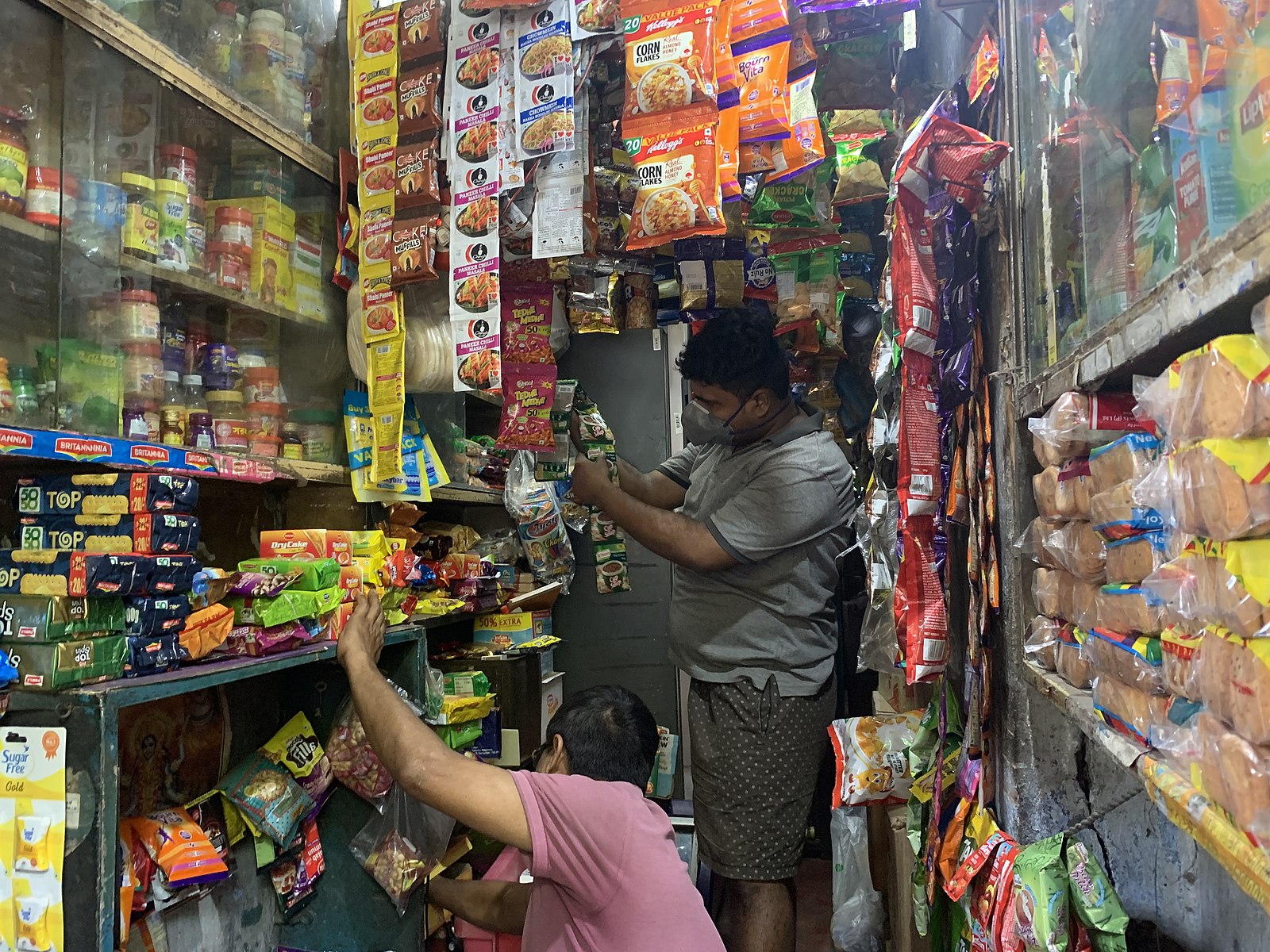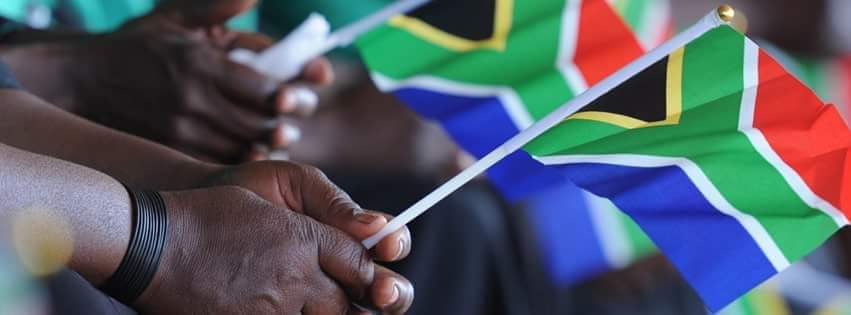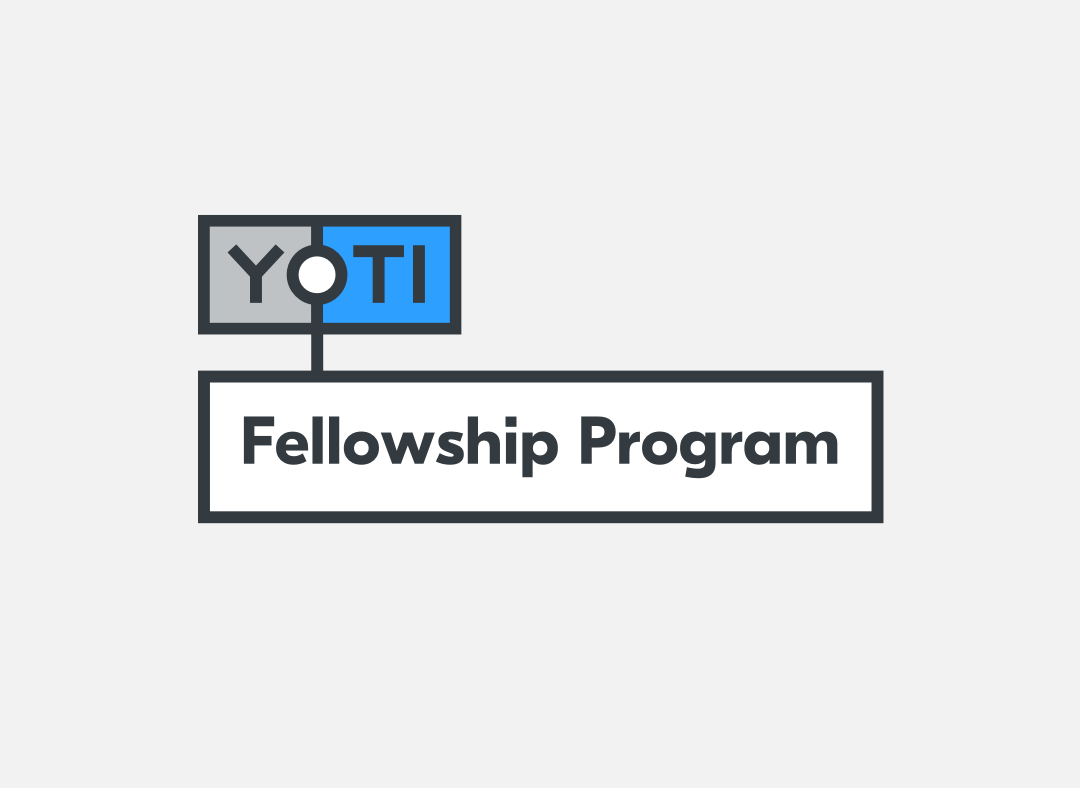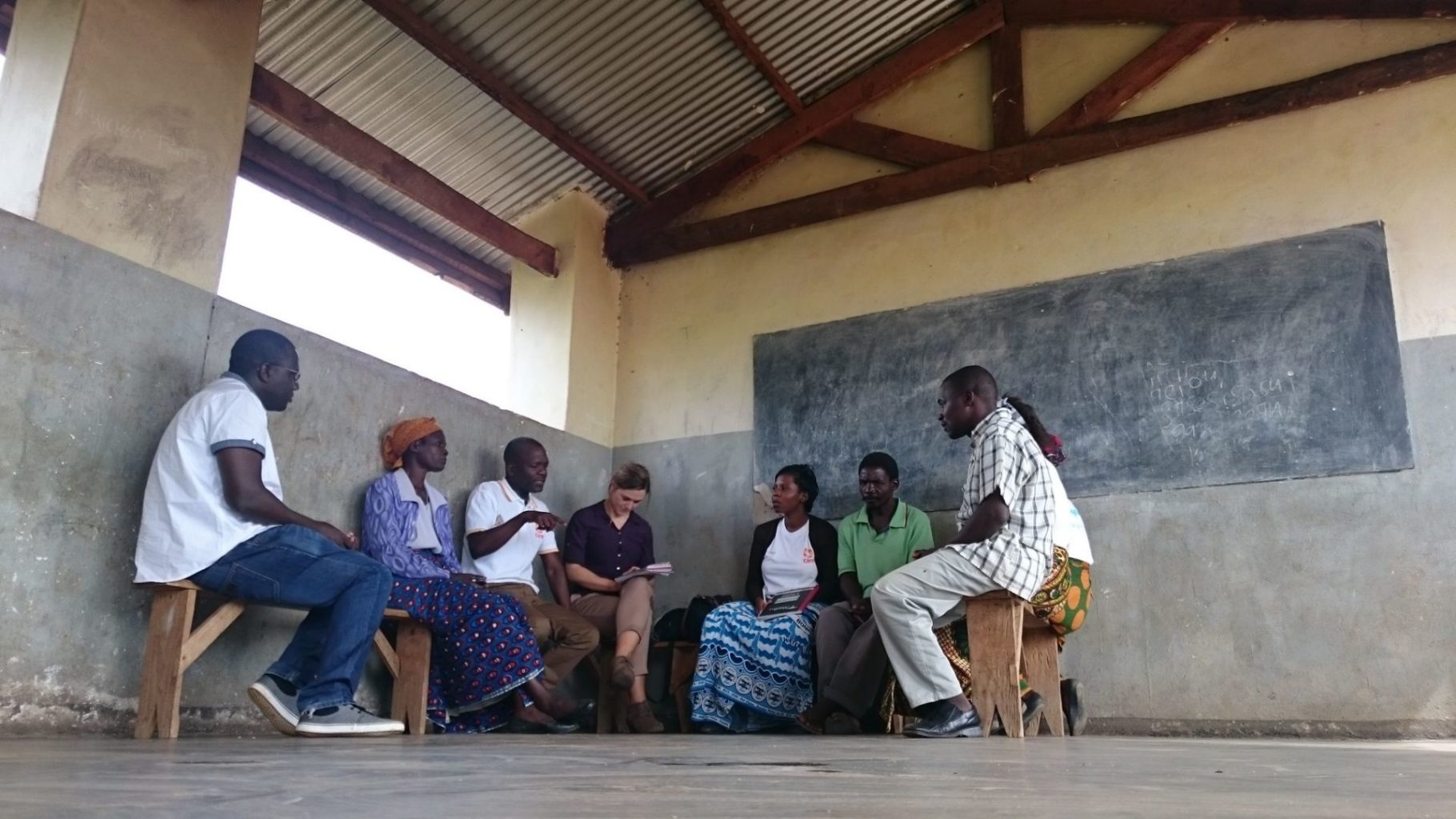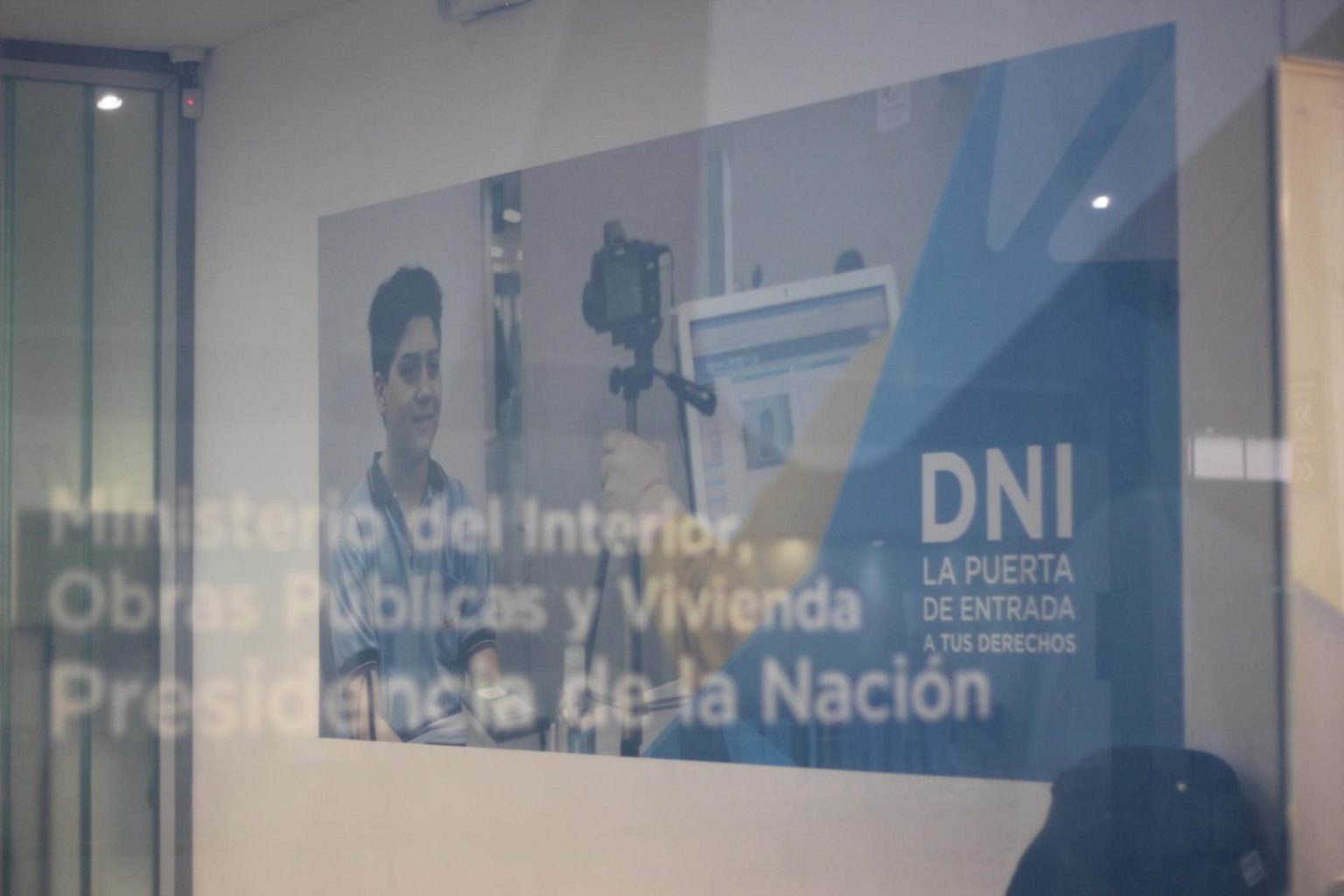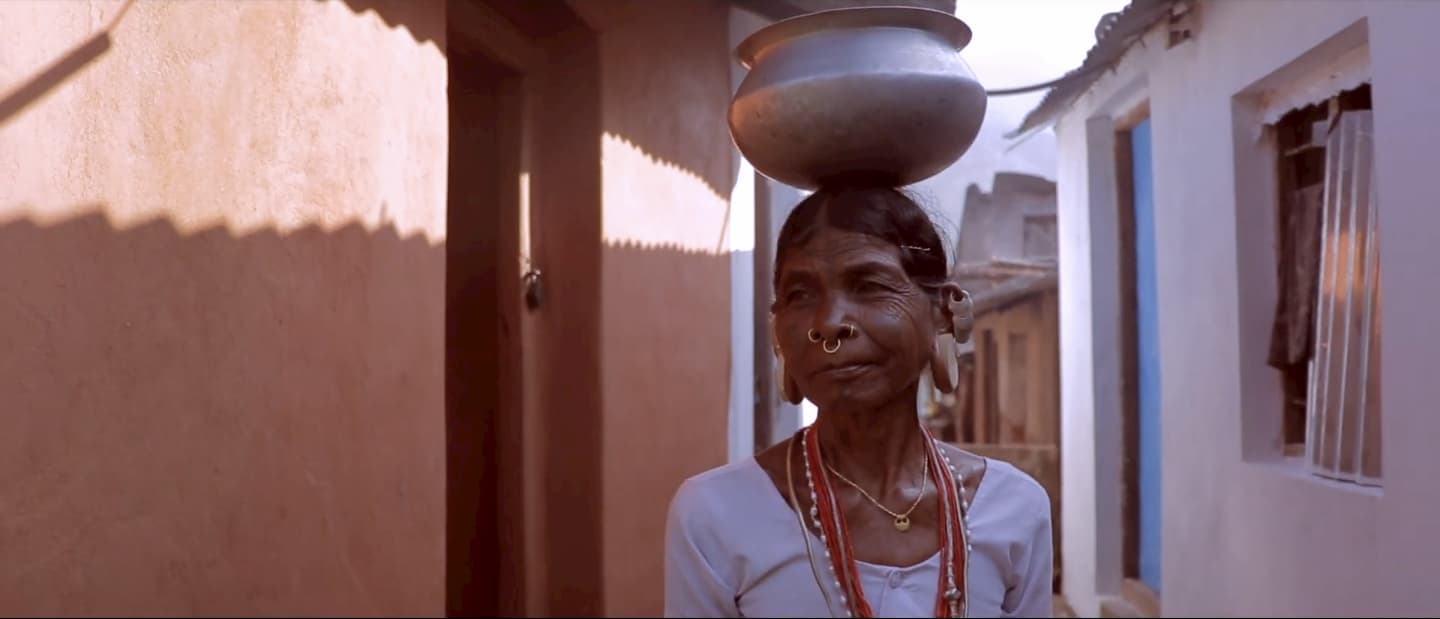Research
MarginalizedAadhaar: Digital identity in the time of COVID-19
This is the third field diary entry from Subhashish, one of our Digital Identity Fellows. His year-long research project is focused on the challenges and opportunities within marginalised groups most affected by Aadhaar, India’s national digital ID system. ***** Before Indian society had the chance to recover from the hardship of both a financial slowdown and the controversial amendment to the citizenship act, it got hit by COVID-19. Many marginalized communities were already struggling to survive poverty, hunger and systemic exclusions, and things have got even harder as life comes to a standstill thanks to social distancing and wider
Updates from the field – Tshepo’s diary entry April 2020
This is the third field diary entry from Tshepo, one of our Yoti Digital Identity Fellows. His year-long research project is looking at the digital identity landscape in South Africa, with a specific focus on the national smart ID identity programme from a human rights perspective. To follow his whole research project, you can find an archive of his monthly field diary entries here. ***** Over the past couple of months, I’ve had the opportunity to collect data from several people in Limpopo province, mostly in the Mopani region, including schools, public departments, NGOs and community members. The participants have all had
Postponing the launch of our 2020 Digital Identity Fellowship Programme
This time last year, we had launched the Digital Identity Fellowship and we were in the middle of accepting applications for our first cohort of Fellows. By the time the application window closed we had received over 120 applications from over 30 countries – the majority in the Global South – providing us with some fascinating insight into the kinds of challenges, issues and opportunities that mattered most to the people closest to them. After a tough selection process Paz, Subhashish and Tshepo started their Fellowships last October and are now half-way through their work researching issues of human rights,
Welcoming three more partners to our Humanitarian Tech Support Programme
Last month, we proudly announced the launch of our Humanitarian Tech Support Programme, a new initiative designed to support tech-focused startups focusing on global humanitarian problems. Using our unique blend of global development and digital identity experience, we have already started helping Lanterne in their mission to deliver a trusted, secure alert system to humanitarian fieldworkers in Afghanistan (over the last decade, more than 3,000 humanitarian workers were killed, injured or kidnapped in conflict zones around the world.) Today we are pleased to announce details of a further three Programme Partners. People in Need People in Need helps people
Paz's diary entry January 2020 - Changing faces of identity in Argentina
This is the second field diary entry from Paz, one of our Digital Identity Fellows. Her year-long research project is focused on unravelling what digital identity, and identity in general, means to the unemployed and under-employed individuals receiving support from public job centres and local labour organisations in Gran Buenos Aires and Mar del Plata in Argentina. ***** Discussing digital identity is hard, particularly here in Argentina. It has forced me to rethink the interview questions as well as the list of interviewees. So far I have conducted a number of semi-structured interviews with the key research subjects: unemployed
Updates from the field – Subhashish's diary entry January 2020
This is the second field diary entry from Subhashish, one of our Digital Identity Fellows. His year-long research project is focused on the challenges and opportunities within marginalised groups most affected by Aadhaar, India’s national digital ID system. *** India’s ambitious biometric-based identity — Unique Identity (UID) — has been the focus of the State of Aadhaar report recently published by Dalberg Global Development Advisors, a global consulting firm. The study — made possible with funding from Omidyar Network — includes a sample size of 167,000 Indian residents and sheds some light on many facets of Aadhaar. While the report

